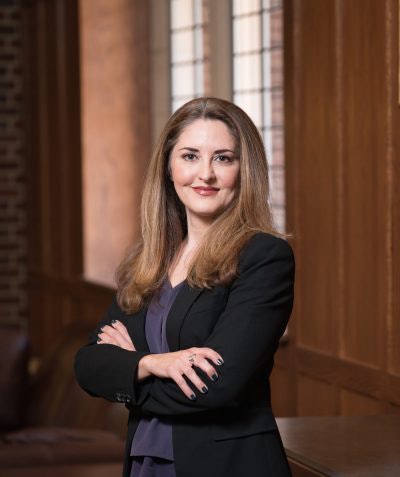On January 29th, 2021, in Rochester, New York, three adult police officers handcuffed and pepper-sprayed a 9-year-old, Black girl before forcing her into a police car. As she refused to get into the car, repeatedly screaming for her father, one of the police officers was caught on body camera scolding her, “You’re acting like a child.” She immediately responded, “I am a child!”
Her pepper-spraying and being forced into the police car follows a series of more tragic cases of Black children in the United States, including that of 12-year-old Tamir Rice, who was shot and killed in Cleveland by the police for playing with a toy gun and 15 year-old Trayvon Martin, who was simply walking in a Miami neighborhood when violently assaulted and killed by a community watchman. 
Like these cases, the incident in Rochester has garnered widespread condemnation against the officers. Black Lives Matter protests denouncing systemic police violence quickly erupted in the aftermath of the body camera video releases, and the three police officers involved in the girl’s pepper-spraying have now been suspended. Without any prospects of police reform any time soon, this case should make us question the relations between children and the police.
We assume that in the United States such poor treatment of children is rare, an anomaly. Yet far too often, being a child—especially a child of color—is an unstable designation. Children, like adults, are prone to surveillance and violence at the state and individual level, whether by police or other adults who seek to discipline bodies.
Police reform, therefore, is not just a matter of adult lives, but children’s lives, both here in the United States and abroad.
I am an anthropologist at the University of Richmond. When I was in Cairo, Egypt conducting two years of research on global healthcare with vulnerable children, I worked in a mobile medical clinic that serviced street children. The experience of these homeless children in Cairo echoes that of the girl in Rochester.
The clinic I worked at in Cairo strove to care for children and import children’s rights to Cairo institutions, institutions that supposedly lacked them. One of their main goals was to ensure the police approached street children as “children”—that is, as innocent, vulnerable, and undeveloped individuals.














